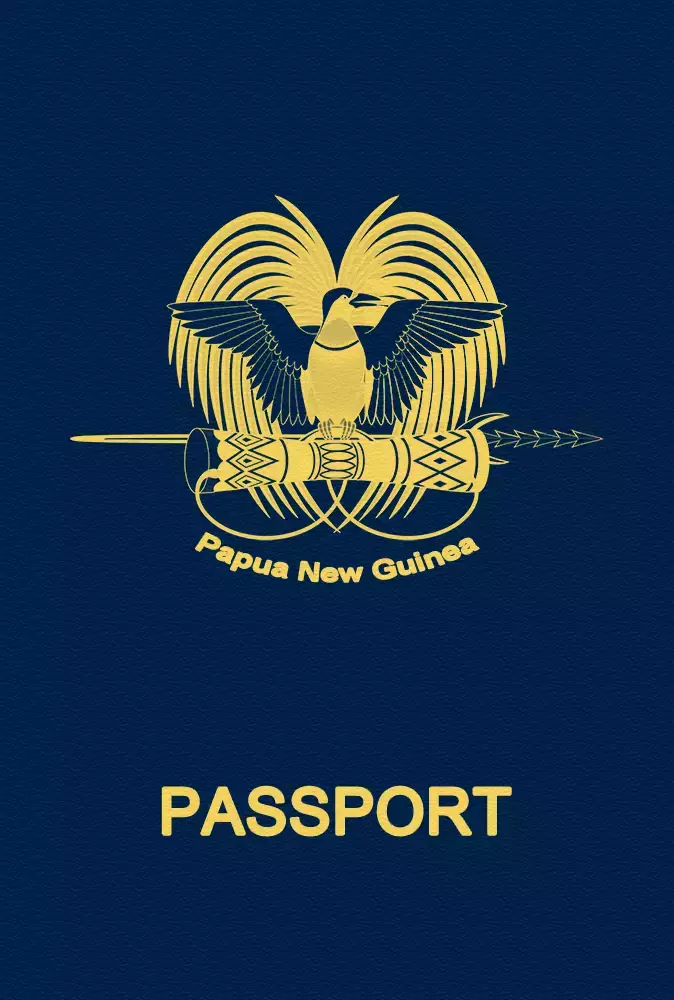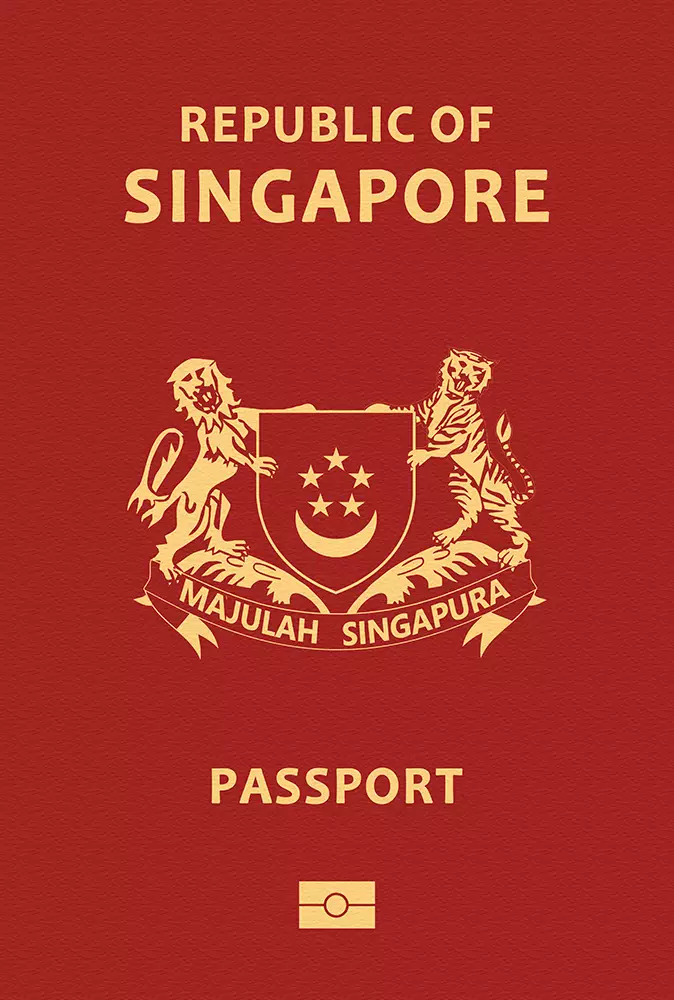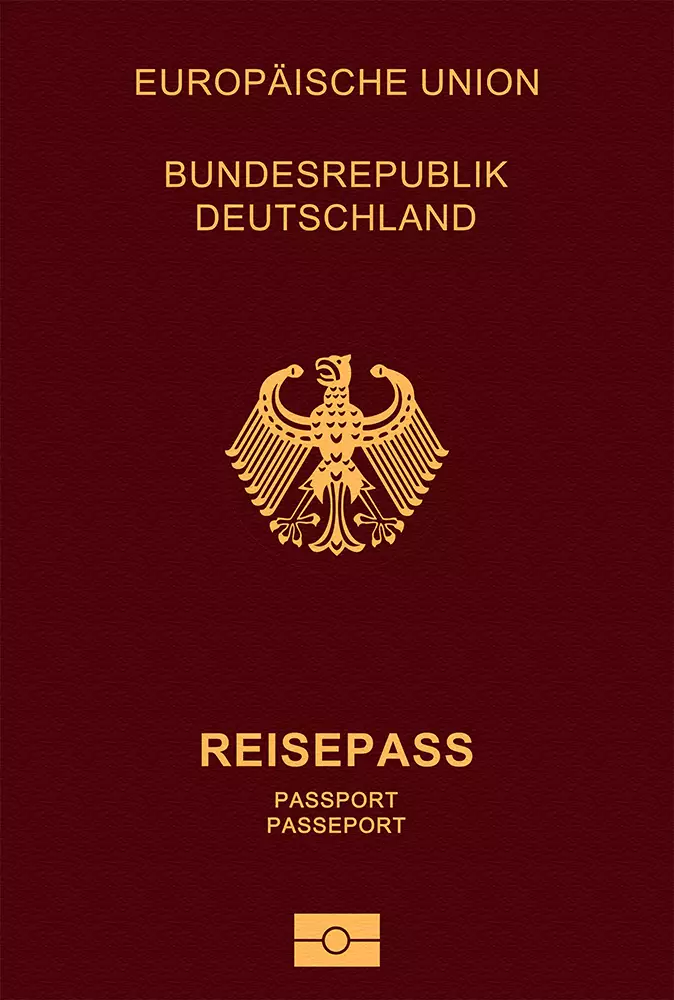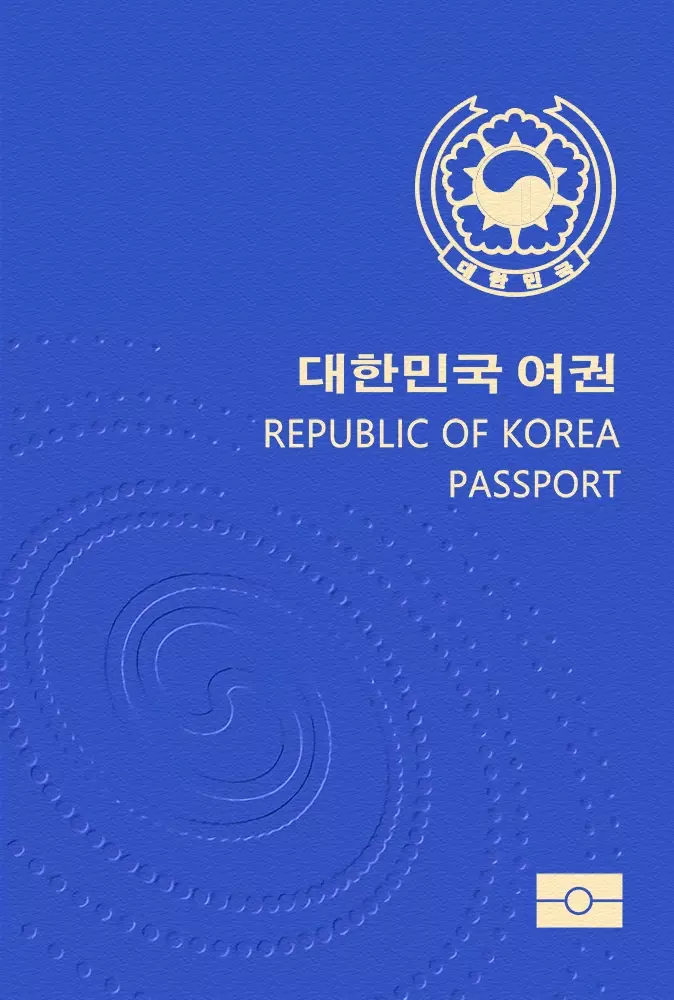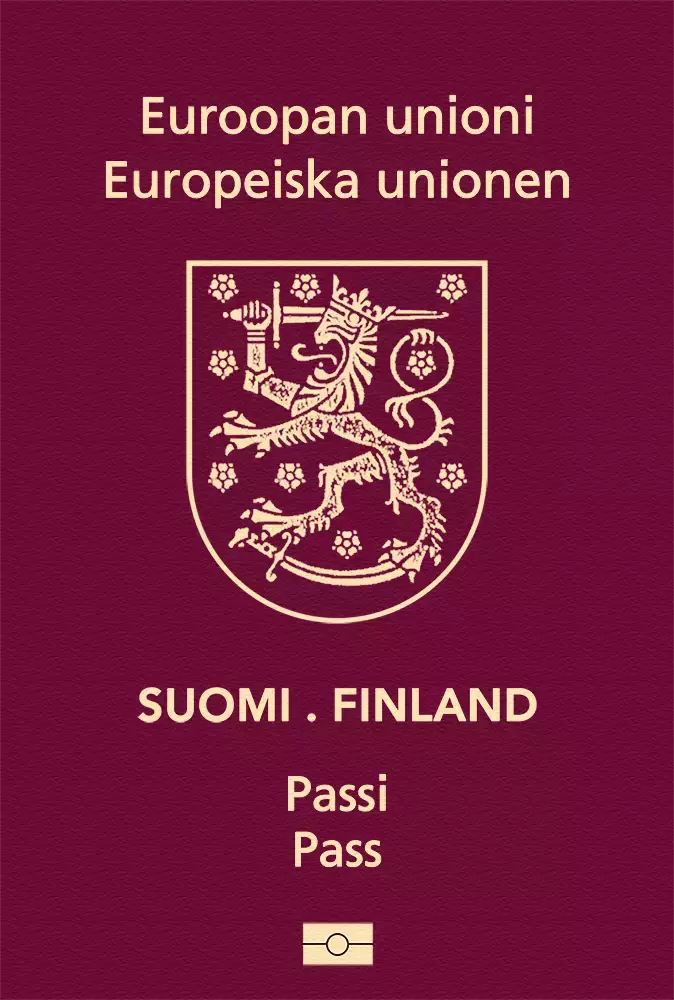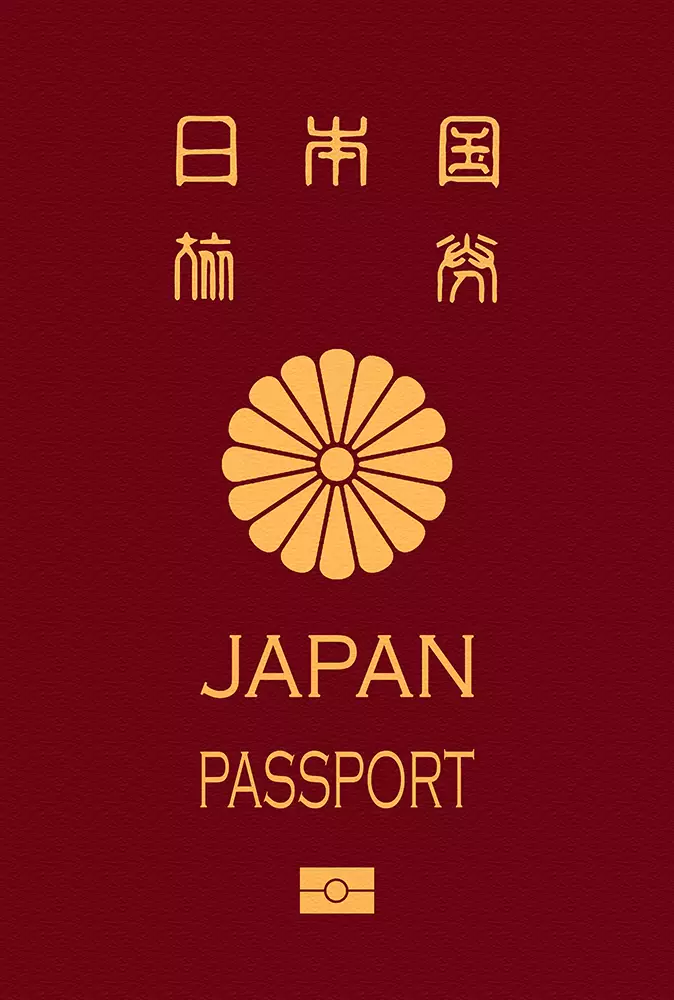With 22 provinces, the independent state of Papua New Guinea was once a British possession. The Eastern Highlands, Southern Highlands, and Morobe provinces are the most significant. The nation is an island in the South Pacific Ocean that has a boundary with Indonesia. It has 462,840 square kilometers in surface area. The landscape of the nation is made up of lowlands along the coast and mountains. It has a tropical marine climate with two monsoon seasons and very little seasonal temperature change. There are roughly 8.9 million people living there. With 383,000 residents, Port Moresby is both the most populated city and the nation's capital. The cities of Lae and Arawa are also significant. With 1.4 million passengers each year, Jacksons International Airport (POM) is the biggest international airport in the nation. The national airline Air Niugini is based at the airport, which offers access to domestic islands and destinations around Oceania. Over a thousand distinct cultural groups inhabiting various regions of Papua New Guinea rule the country. Protestantism is the religion with the largest percentage. Hiri Motu, English, and Tok Pisin are the three official languages. Both English common law and customary law serve as the foundation for the legal system in Papua New Guinea. Under a constitutional monarchy, Queen Elizabeth II serves as the head of state and heads a parliamentary republic. James Marape, the incoming prime minister, is in charge of the government. The Papua New Guinean kina (PGK), which is the official currency, is now worth 3.5 USD. With an open economy and a GDP of about $32.3 billion, the nation boasts the third largest economy in Oceania. The per capita income of its people is $3,764. The agricultural, industrial, and service sectors account for the majority of the GDP. Although there are many different types of natural resources in Papua New Guinea, their extraction is exceedingly challenging because of the country's harsh topography. The primary exports from the nation are coffee, gold, copper, and palm oil. There are many different types of natural tourist attractions throughout the nation. It boasts one UNESCO World Heritage Site, wide beaches, and a lot of natural beauty. Major locations include the Tari Basin Muschu Island, the National Museum and Art Gallery, the Rainforest, the Varirata National Park, and the capital city of Port Moresby. Hiking, surfing, water sports, scuba diving, and fishing are the primary tourist activities. Approximately 200,000 tourists visit the island nation annually, the majority of whom are from nearby nations.

